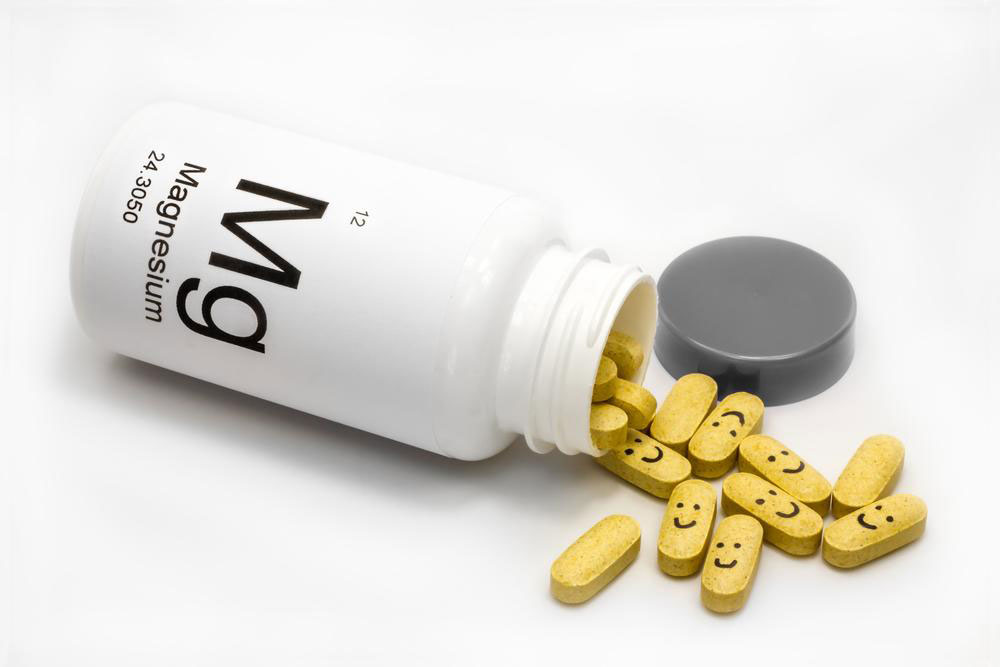Magnesium supplements – What you should know

Magnesium is a mineral which is one of the crucial elements for the body’s function. Some of the key functions of magnesium include keeping blood pressure normal, bones strong, and the heart rhythm steady.
Why do you need to take magnesium?
- Adults who consume less than the required or recommended amount of magnesium are more likely to have elevated inflammation markers. It has been observed that lack of magnesium intake can result in inflammation, which in turn has been associated with major health conditions such as heart disease, diabetes, and certain kinds of cancer. Also, low magnesium appears to be a risk factor for osteoporosis.
- Some evidence suggests that eating food high in magnesium and other minerals can help prevent high blood pressure in people with prehypertension. Intravenous or injected magnesium is used to treat other conditions such as eclampsia during pregnancy and severe asthma attacks. Magnesium is also the main ingredient in many antacids and laxatives.
Severe magnesium deficiencies are rare. They’re more likely in people who have a kidney disease, Crohn’s disease or other conditions that might affect digestion. Magnesium deficiency can also be found in people with parathyroid problems and in people who take antibiotics or drugs for diabetes and cancer. Older adults and the ones who consume alcohol excessively also fall prey to magnesium deficiency. Sometimes health care providers advise people with these conditions to take magnesium supplements.
What are the risks of taking magnesium?
- Side effects: Magnesium supplements can cause nausea, cramps, and diarrhea. Magnesium supplements often cause softening of stool.
- Interactions: Magnesium supplements may not be safe for people who take diuretics, heart medicines, or antibiotics. Check with your health care provider if you are taking any medicine before taking magnesium.
- Risks: People with diabetes, intestinal disease, heart disease or kidney disease should not take magnesium before consulting with their health care provider.
- Overdose: The signs of a magnesium overdose can include nausea, diarrhea, low blood pressure, muscle weakness, and fatigue. At very high doses, magnesium can be fatal.
Recent Articles
Recent Questions
What kind of life insurance builds cash value?
The rest of the premium payment will go toward your policy's cash value. The life insurance company generally invests this money in a conservative-yield investment. As you continue to pay premiums on the policy and earn more interest, the cash value grows over the years.
What is meant by insurance plans?
An insurance plan is the one that consists of a premium amount and other components used in getting a product insured. There may be various types of insurance plans with varying terms and policies.
What are the common components of insurance?
The most important components of most insurance plans are the premium and the contract. Anything written in the contract becomes its crucial component.
What are the various types of insurance policies?
There are various kinds on insurance policies that are available on various assets. Auto, health, commercial vehicle, and travel insurance are some of the popular types of insurance policies.








